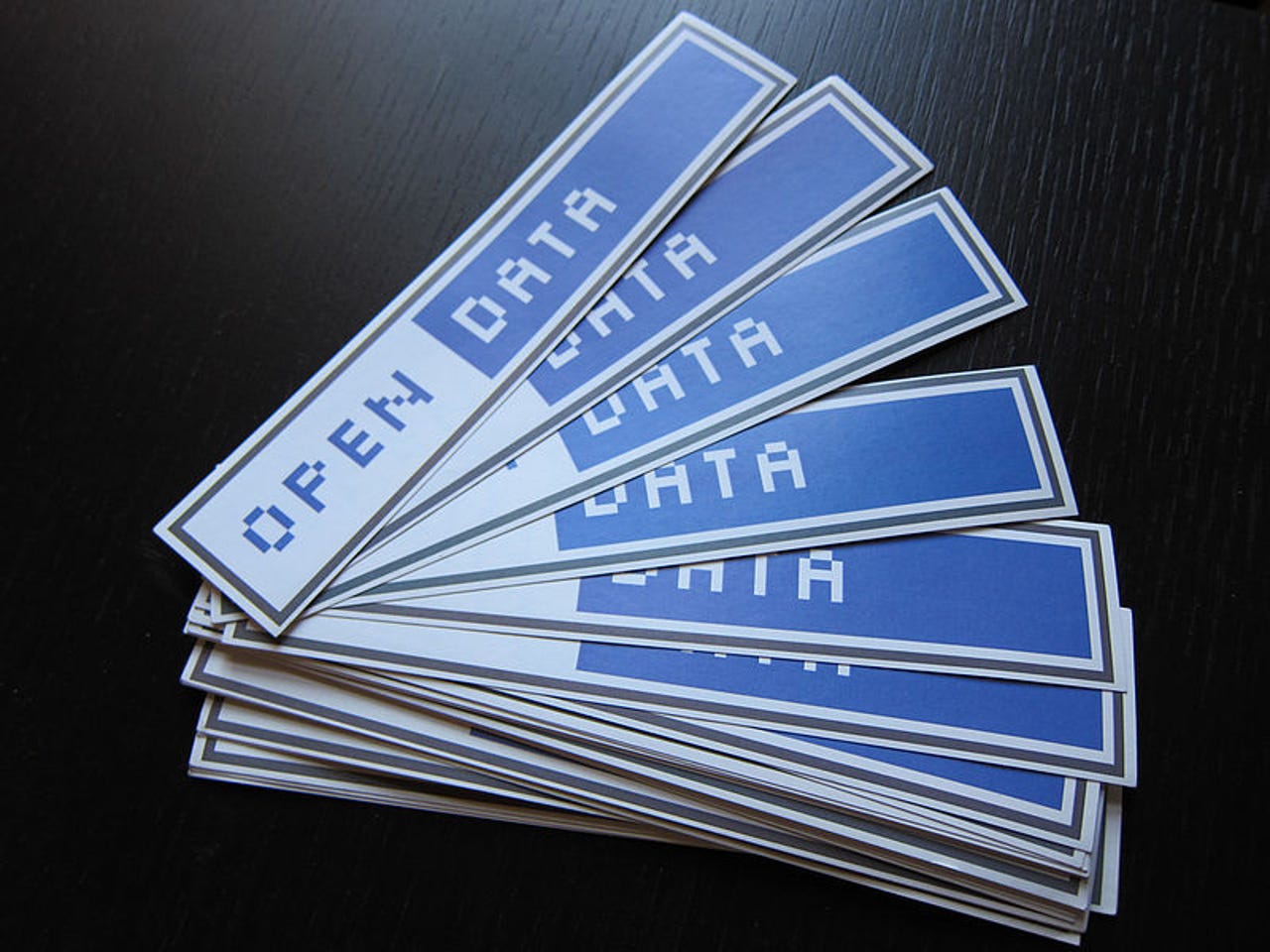To get most from big data, look past proprietary intel

Big data, perhaps the most hyped topic in the history of business, is going through an awkward stage. Senior management is waiting to see some of the glory that was breathlessly promised, but instead are feeling disappointed. Does this mean big data is overhyped?

Not according to the participants of the latest McKinsey&Company survey. The problem lies, instead, in the narrow expectations of senior management: “Too often senior leaders’ hopes for benefits are divorced from the realities of frontline application.” In other words, their inflated expectations aren’t in sync with what can really be delivered.
Participants in the survey--senior executives from leading data analytics firms like AIG, American Express, Siemens Healthcare, and Samsung Mobile—believe that senior management also needs to open up to using data beyond what is available internally.
They recommend that companies look beyond their own proprietary data for actionable intelligence. The next big corporate strategy, they say, lies in analyzing open data. More diverse data can result in improved business processes, better customer experiences, lower costs, and higher profits.
Featured
New research from the McKinsey Global Institute, the McKinsey Center for Government, and McKinsey’s Business Technology Office suggests that “$3 trillion or more in annual value could arise from the use of open data in applications across seven domains of the global economy. About a third of those potential benefits would involve the use of benchmarks to identify areas for improvement.”
What is open data?
Open data takes several forms:
- Public data that comes from government initiatives such as Data.gov and Data.gov.uk and is available without copyright restrictions
- Corporate data shared by companies with their business partners
- Data from aggregators, like Acxiom and ChoicePoint, that assemble and sell data to interested parties
- Data from social media, offered by digital platforms such as Twitter and Facebook
Public government data can be invaluable. Last October, for example, New York City opened up 200 high value datasets to the public, making the data available for improving OpenStreetMap. In return, New York City’s GIS team can now be informed of changes made in OpenStreetMap around their datasets, which helps them keep their map data current.
A service in the UK called Mapumental allows customers to find places to live, using government-provided data like commute duration, housing prices, etc.
So maybe big data hasn’t been overhyped after all; expectations don’t need to be lowered, just adjusted to a different angle.